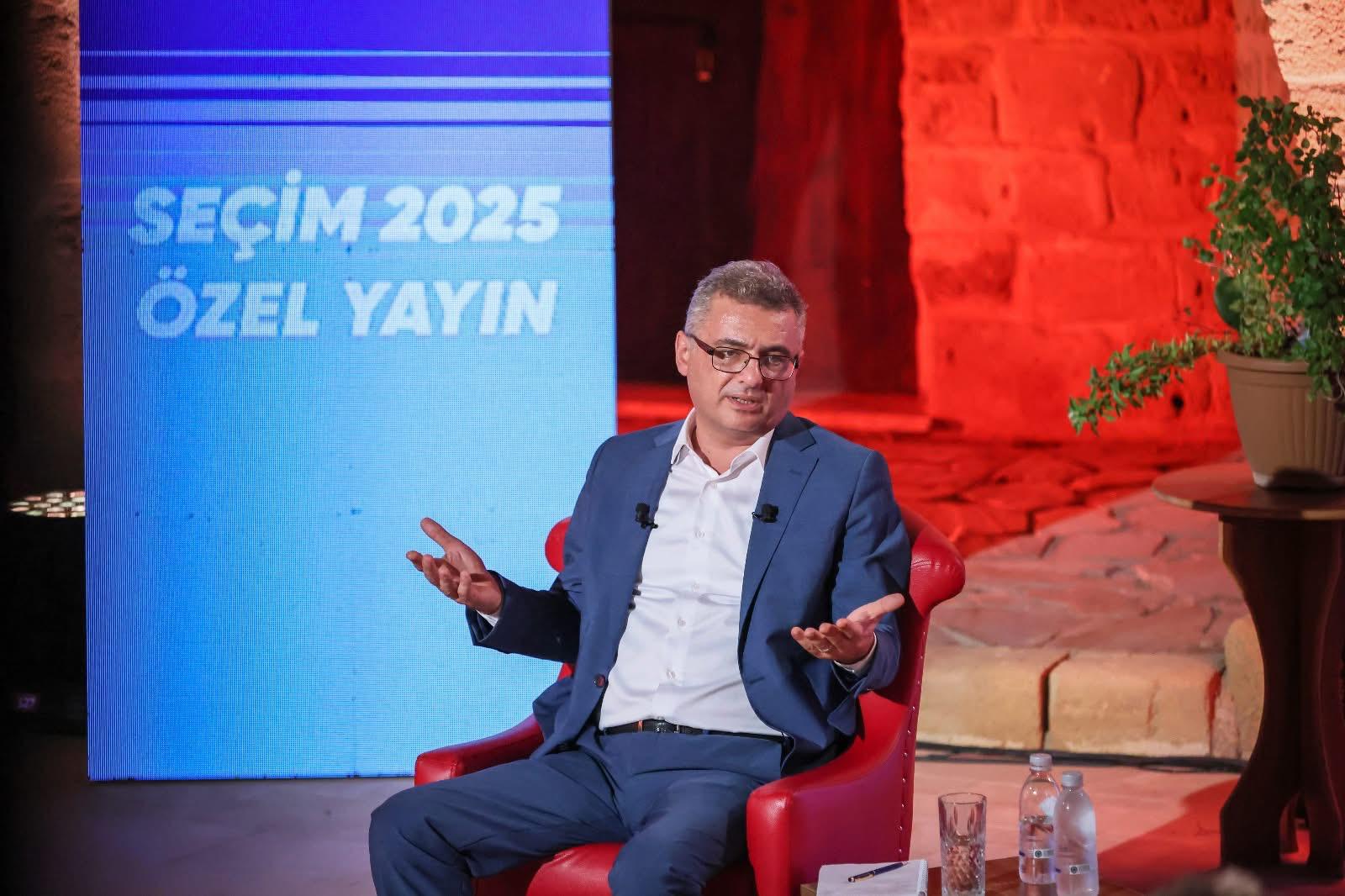Opposition Turkish Cypriot leadership election candidate Tufan Erhurman on Thursday expressed his distaste at the arrest of Murat Metin Hakki, the lawyer of the five Greek Cypriots who were arrested in the north, and the fact that he was taken to court in handcuffs for his bail hearing.
“Every day brings a new incident which is incompatible with the Turkish Cypriot people’s relationship with the law and their culture. It is neither understandable nor legally acceptable for a lawyer, who knows he will soon be released on bail by the court and therefore would clearly not attempt to escape, to appear in court in handcuffs,” he wrote in a post on social media.
He stressed that “the use of handcuffs must never be diverted from its intended purpose or turned into an instrument of reputational damage for anyone”, and that “the principles of a fair trial must be fully applied to everyone, whether Turkish Cypriot or Greek Cypriot, citizen or not”.
He added that “the presumption of innocence is a human right” and that “no one, for any reason, should be treated as guilty until proven guilty by a court decision”.
Additionally, he said, “arrest is a precautionary measure” and not a punishment, and as such, “it should not be turned into a summary punishment for anyone, for any reason”.
He then warned that “creating the impression in the public mind that decisions are made based on political considerations rather than on the law is extremely dangerous”.
“All our institutions and those who exercise authority on behalf of the state must keep this in mind. Judicial independence and the rule of law are indispensable for the Turkish Cypriot people, and everyone in this country, regardless of their identity, profession, nationality, ethnic origin, place of birth, or any other characteristic will be equally protected by the law,” he said.
Meanwhile, Cyprus Turkish bar association chairman Hasan Esendagli also criticised the fact that Hakki was taken to court in handcuffs, saying that it had done “as if to set an example”.
He added that he will file a complaint to the police about the matter and that he will also submit a draft bill to the north’s ruling coalition to codify the laws regarding bringing suspects to court, which he said will “completely end police arbitrariness in criminal procedural practices”.
Former Turkish Cypriot chief negotiator Kudret Ozersay warned that those who ordered for Hakki to be taken to court in handcuffs are “harming the justice system, which should be protected by the state and its institutions”, calling the incident “shameful”.
High-profile lawyer and former ‘foreign minister’ Emine Colak accused the north’s authorities of “attempting to sabotage the Immovable Property Commission [IPC]” with the arrest of Hakki and of the five Greek Cypriots.
The IPC was set up in the north in 2005 to handle claims for compensation, restitution of Greek Cypriot-owned property in the north and land exchanges, filed by Greek Cypriots who fled the north after 1974 and their descendants.
Hakki has been representing the five Greek Cypriots, all of whom were displaced from the north in 1974, in their case at the IPC, wherein they have requested the return of the land they lost.
Later on Thursday afternoon, Turkish Cypriot leader Ersin Tatar also commented on the fact that Hakki was taken to court in handcuffs, saying that the matter “rightfully caused public unease”.
He said the pictures of Hakki in handcuffs “damage the reputation of the police” and “are incompatible with our understanding of the rule of law”.
“Necessary legislative amendments must be made to ensure that the legal framework for the use of handcuffs on individuals appearing in court is based on a legal foundation which upholds not only public order but also individual rights and freedoms. An environment based on clear, transparent, and consistent rules must be created immediately,” he said.
“Such a step will not only be a concrete demonstration of the rule of law and respect for human rights, it will also strengthen our people’s confidence in justice.”






Click here to change your cookie preferences